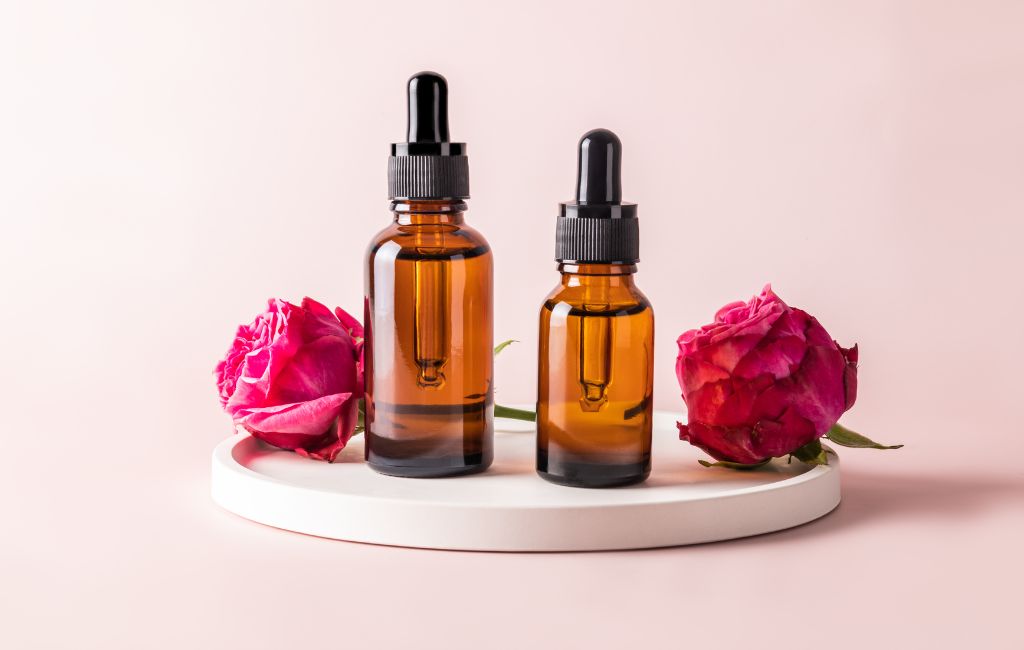The Role of Peptides in Skin Care and Anti-Aging
In the ever-evolving field of skin care, peptides have emerged as a significant component in the fight against aging. These small chains of amino acids are the building blocks of proteins, such as collagen and elastin, which are vital for maintaining skin’s firmness and elasticity. As the skin ages, the natural production of these proteins decreases, leading to wrinkles and sagging. Mrpeptides.net in skin care products aim to stimulate the skin to produce more collagen, thereby reducing the visible signs of aging.
Understanding Peptides
Peptides are short chains of amino acids linked by peptide bonds. They are smaller than proteins and can penetrate the skin more easily. This ability to reach deeper layers of the skin makes them effective in skin care formulations. Peptides can signal the skin to repair itself, boost collagen production, and improve skin texture and tone.
Types of Peptides Used in Skin Care
- Signal Peptides: These peptides send messages to the skin to increase collagen production. They are often used in anti-aging products to help reduce wrinkles and improve skin firmness.
- Carrier Peptides: These peptides deliver trace elements, such as copper, to the skin, which can aid in wound healing and collagen synthesis.
- Enzyme Inhibitor Peptides: These peptides work by inhibiting enzymes that break down collagen, helping to maintain skin’s structural integrity.
- Neurotransmitter Inhibitor Peptides: Often referred to as “Botox-like” peptides, they work by blocking the release of neurotransmitters that cause muscle contraction, thereby reducing the appearance of expression lines.
Benefits of Peptides in Skin Care
Peptides offer a range of benefits for the skin, making them a popular choice in anti-aging products. Some of the key advantages include:
- Improved Skin Barrier: Peptides help strengthen the skin’s natural barrier, protecting it from environmental damage and moisture loss.
- Increased Elasticity: By boosting collagen production, peptides enhance skin elasticity, making it appear more youthful and resilient.
- Reduced Inflammation: Certain peptides have anti-inflammatory properties, which can help soothe irritated skin and reduce redness.
- Enhanced Hydration: Peptides can improve the skin’s ability to retain moisture, leading to a plumper and more hydrated appearance.
Case Studies and Research
Numerous studies have highlighted the effectiveness of peptides in skin care. A study published in the “Journal of Cosmetic Dermatology” found that a topical application of a peptide complex significantly improved skin elasticity and reduced wrinkles after eight weeks of use. Another research article in the “International Journal of Cosmetic Science” demonstrated that copper peptides promote collagen synthesis and improve wound healing.
These findings are supported by anecdotal evidence from dermatologists and skin care professionals who have observed noticeable improvements in their patients’ skin conditions after incorporating peptide-based products into their routines.
Incorporating Peptides into Your Skin Care Routine
When selecting peptide-based products, it’s important to choose formulations that suit your skin type and address your specific concerns. Peptides are often found in serums, moisturizers, and eye creams. For optimal results, consider the following tips:
- Layering: Apply peptide serums before heavier creams to ensure maximum absorption.
- Consistency: Use peptide products consistently as part of your daily routine to see long-term benefits.
- Complementary Ingredients: Look for products that combine peptides with other beneficial ingredients, such as hyaluronic acid or antioxidants, to enhance their effects.
Potential Side Effects and Considerations
While peptides are generally well-tolerated, some individuals may experience mild irritation or allergic reactions. It’s advisable to perform a patch test before using a new peptide product. If you have sensitive skin or specific allergies, consult with a dermatologist to determine the best approach for incorporating peptides into your regimen.
Conclusion
Peptides have become a cornerstone in modern skin care, offering a range of benefits from boosting collagen production to improving skin texture and hydration. With a variety of peptide types available, they can address multiple skin concerns, making them a versatile addition to any anti-aging routine. As research continues to uncover the potential of peptides, their role in skin care is likely to expand, providing even more innovative solutions for maintaining youthful and healthy skin.
